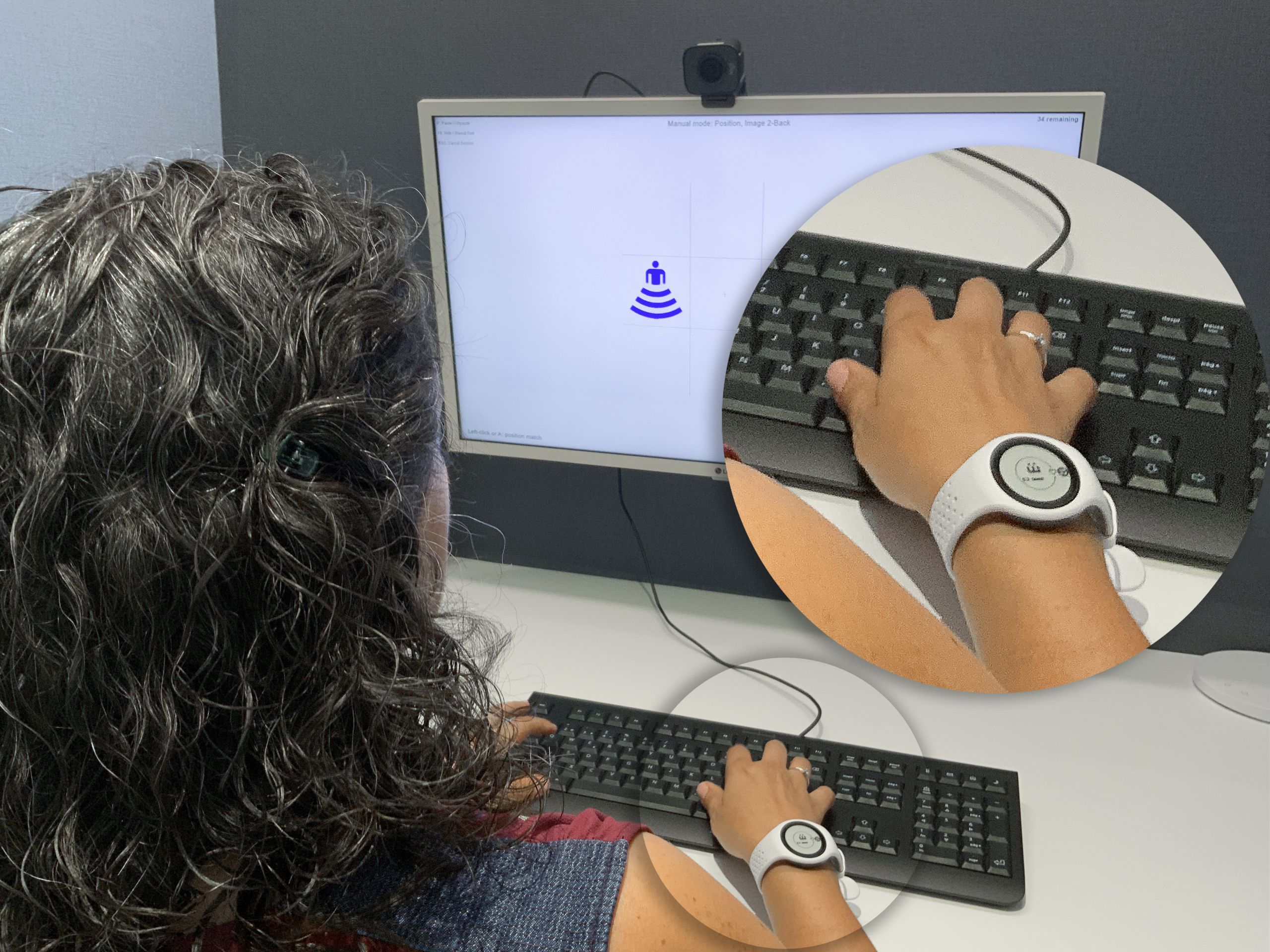
The IBV is developing predictive models to optimise the mental workload people are exposed to at work
In recent years, the emergence of disruptive technologies, complex interfaces, robotic systems and workplace automation has meant that mental workload, emotional state, stress and errors have become increasingly important issues in human interaction with products, services and environments. This factor is particularly relevant in the workplace, especially in jobs where information management is fundamental and where it is essential to ensure that workers remain alert, in order to reduce the likelihood of errors to a minimum.
In terms of workers’ cognitive and emotional state, depending on the type of information they handle and the possibility of actions requiring their intervention, there are two critical challenges today. On the one hand, depending on the specific nature of the job, workers may be exposed to boredom and monotony, which can cause a lack of attention and errors due to their failure to detect a problem in time, and on the other hand to situations of intense stress, which can lead to errors due to mental overload.
According to Mercedes Sanchis, Innovation Director for Occupational Health and Well at IBV, “inappropriate mental workload can affect not only a worker’s performance but also their health, so assessing their cognitive state is very useful for improving the design of workstations and tasks so that they are better suited to the person, their abilities and their circumstances”.
“By adapting their workstations, we improve the well-being of the workers, increase the productivity of the company and reduce the likelihood of human error leading to problems or accidents,” adds Sanchis.
This is the context of the MCUV project, led by the Instituto de Biomecánica, whose ultimate goal is to develop tools, methodologies and predictive models to assess a worker’s cognitive state and optimise the mental workload to which he or she is exposed at work.
To this end, the IBV has on the one hand defined personalised characterisation protocols adapted to the characteristics of the workstation, making it possible to understand how workers react to them and to determine their baseline state and their level of mental underload or overload. The next step was to assess their cognitive state while performing their work activity. This involved the development and use of tools to monitor the worker in real time and assess his or her cognitive state.
“A number of wearables have allowed us to monitor a person’s heartbeat in real time as they perform their duties, and this in turn has allowed us to create predictive models to assess the state of their cognitive load. This will allow companies to improve the design of workstations and tasks according to the level of mental stress experienced by the worker,” said Begoña Mateo, Head of Human Factors at IBV.
This research has benefited from the invaluable collaboration of companies from different sectors and fields, such as ETRA (intelligent mobility and infrastructures), GDES (industrial services for the energy sector and support services for sectors as diverse as nuclear, wind, photovoltaic, metallurgy, among many others), VALENCIAPORT (port logistics) or S2 GRUPO (cybersecurity, cyber-intelligence and the operation of mission-critical systems), which have made it possible to validate both personalised characterisation protocols and monitoring tools and systems, and to use the predictive models generated to assess the cognitive state of workers in key positions.
According to José Solaz, Director of Innovation in Mobility and Smart Cities at the IBV, “in activities such as traffic control or logistics management, which involve the processing of complex information sometimes in a format that has not been designed from the point of view of cognitive ergonomics, it is crucial to know the mental load of the person occupying the control post in order to avoid fatigue, processing errors and cognitive overload that could compromise the efficiency and safety of the operations.”
Finally, the MCUV project is supported by the Department of Innovation, Industry, Commerce and Tourism of the Autonomous Government of Valencia, through the IVACE+i programme, and receives funding from the European Union through the FEDER Community of Valencia 2021- 2027 Programme (IMDEEA/2024/20).




